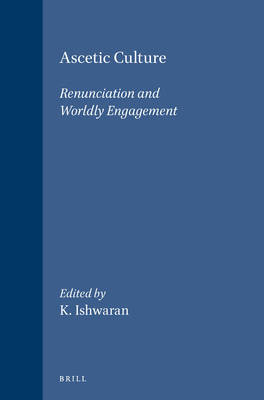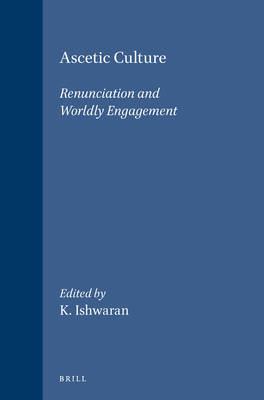
- Afhalen na 1 uur in een winkel met voorraad
- Gratis thuislevering in België vanaf € 30
- Ruim aanbod met 7 miljoen producten
- Afhalen na 1 uur in een winkel met voorraad
- Gratis thuislevering in België vanaf € 30
- Ruim aanbod met 7 miljoen producten
Zoeken
Ascetic Culture
€ 122,95
+ 245 punten
Omschrijving
This book was entirely conceived and developed by K. Ishwaran. The original concept was to combine two of Ishwaran's major interests: comparative studies of the monastic systems of South Asia, and criticism of Western anthropological and sociological assumptions of tradition and modernity being antithetical, especially with regard to traditional religions. Later he conceived of broadening this topic by including major religious traditions around the world.
Specificaties
Betrokkenen
- Uitgeverij:
Inhoud
- Aantal bladzijden:
- 168
- Taal:
- Engels
- Reeks:
- Reeksnummer:
- nr. 73
Eigenschappen
- Productcode (EAN):
- 9789004114128
- Verschijningsdatum:
- 11/06/1999
- Uitvoering:
- Paperback
- Formaat:
- Trade paperback (VS)
- Afmetingen:
- 160 mm x 242 mm
- Gewicht:
- 303 g

Alleen bij Standaard Boekhandel
+ 245 punten op je klantenkaart van Standaard Boekhandel
Beoordelingen
We publiceren alleen reviews die voldoen aan de voorwaarden voor reviews. Bekijk onze voorwaarden voor reviews.







